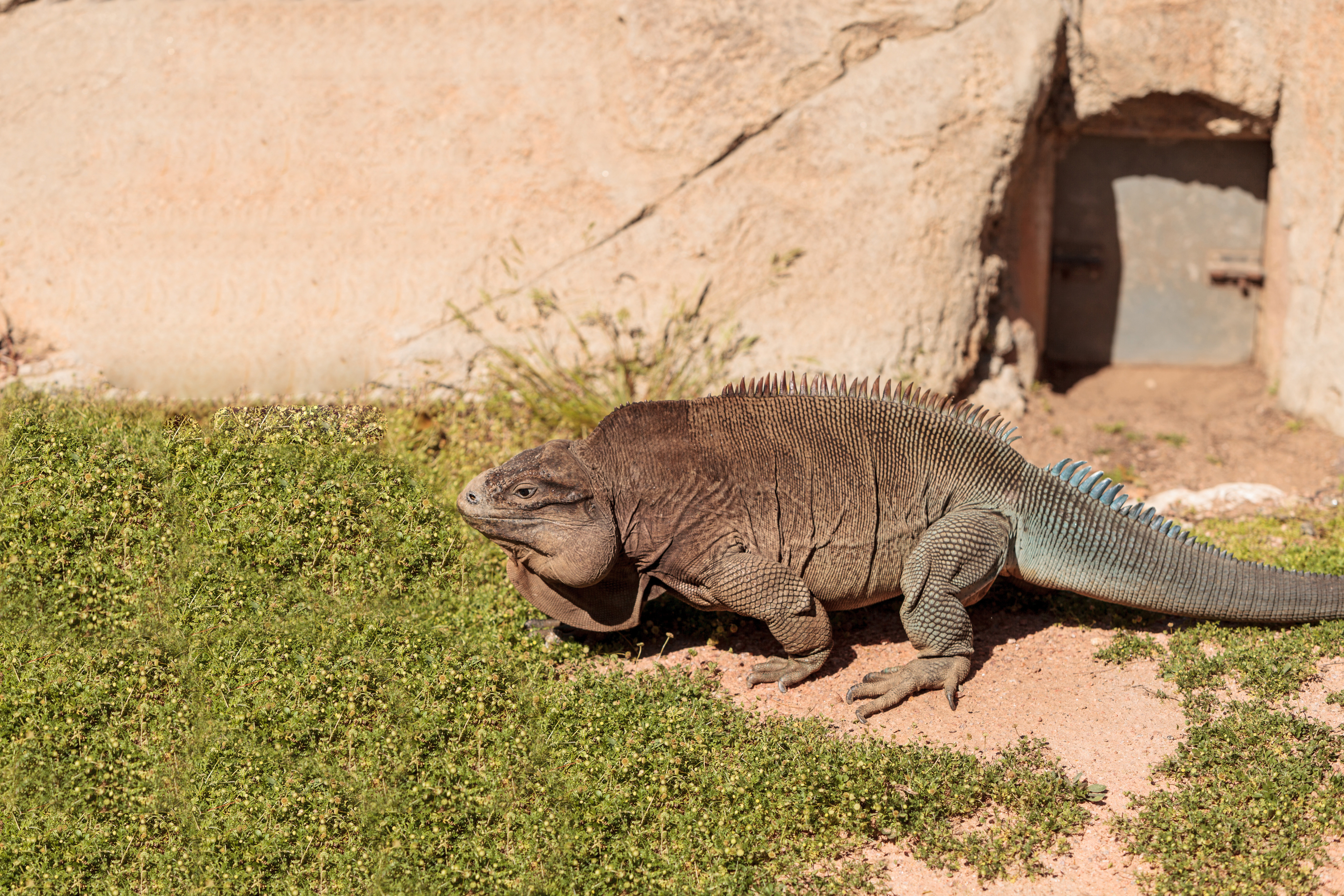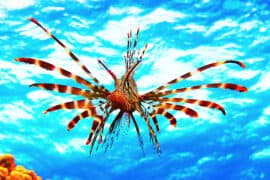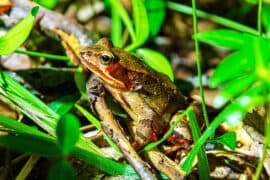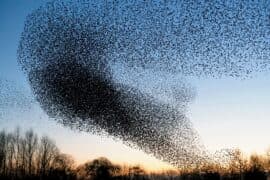Anegada rock iguana
(Cyclura pinguis)

Description
Cyclura pinguis, the Anegada rock iguana, Anegada ground iguana or stout iguana, is a critically endangered species of lizard of the genus Cyclura belonging to the family Iguanidae. The species can be found exclusively in the islands of Anegada and Guana. Historically, it inhabited the islands of Puerto Rico and Saint Thomas, however, the animal's original range has been greatly diminished over prehistory. The Anegada ground iguana is noted as the oldest species of Cyclura and the most genetically divergent of the West Indies' rock iguanas. An ancestor to this iguana first dispersed to Hispaniola, then onwards to the north and western islands, which has since diversified on different islands into the 9 species and several additional subspecies of the genus Cyclura as we know it today. The Anegada ground iguana was first described by American Herpetologist Thomas Barbour 1917. Its specific name pinguis means "fat" and refers to the animal's stocky appearance and the common name "Stout iguana". The Anegada ground iguana is a large heavy-bodied rock iguana which attains a total body length of close to 22 in (560 mm). As juveniles they are faintly or boldly patterned with wide gray to moss green bands interspersed with wide gray to black anteriorly directed chevrons. These bands fade and are generally lost as the animals mature, turning a uniform grayish or brownish-black with varying amounts of turquoise on the dorsal spines, tail base, fore and hind legs. Occasionally this bluish coloration extends up onto the sides of the individual, particularly in males. Females tend to be relatively dull in color, exhibiting less brilliant blue if any. This species, like other species of Cyclura, is sexually dimorphic; males are larger than females, and have more prominent dorsal crests, "horns" and femoral pores on their thighs, which are used to release pheromones. Like all Cyclura species the Anegada ground iguana is primarily herbivorous, consuming leaves, flowers and fruits from different plant species. However, due to direct competition with grazing livestock in its native habitat such as sheep, goats, burros, and cattle they have been reduced to eating vegetation rejected by these domestic and feral animals. This has also caused them to become opportunistic carnivores preying upon centipedes, millipedes, roaches, insects, and other invertebrates as opposed to being strict herbivores.
Taxonomic tree:







